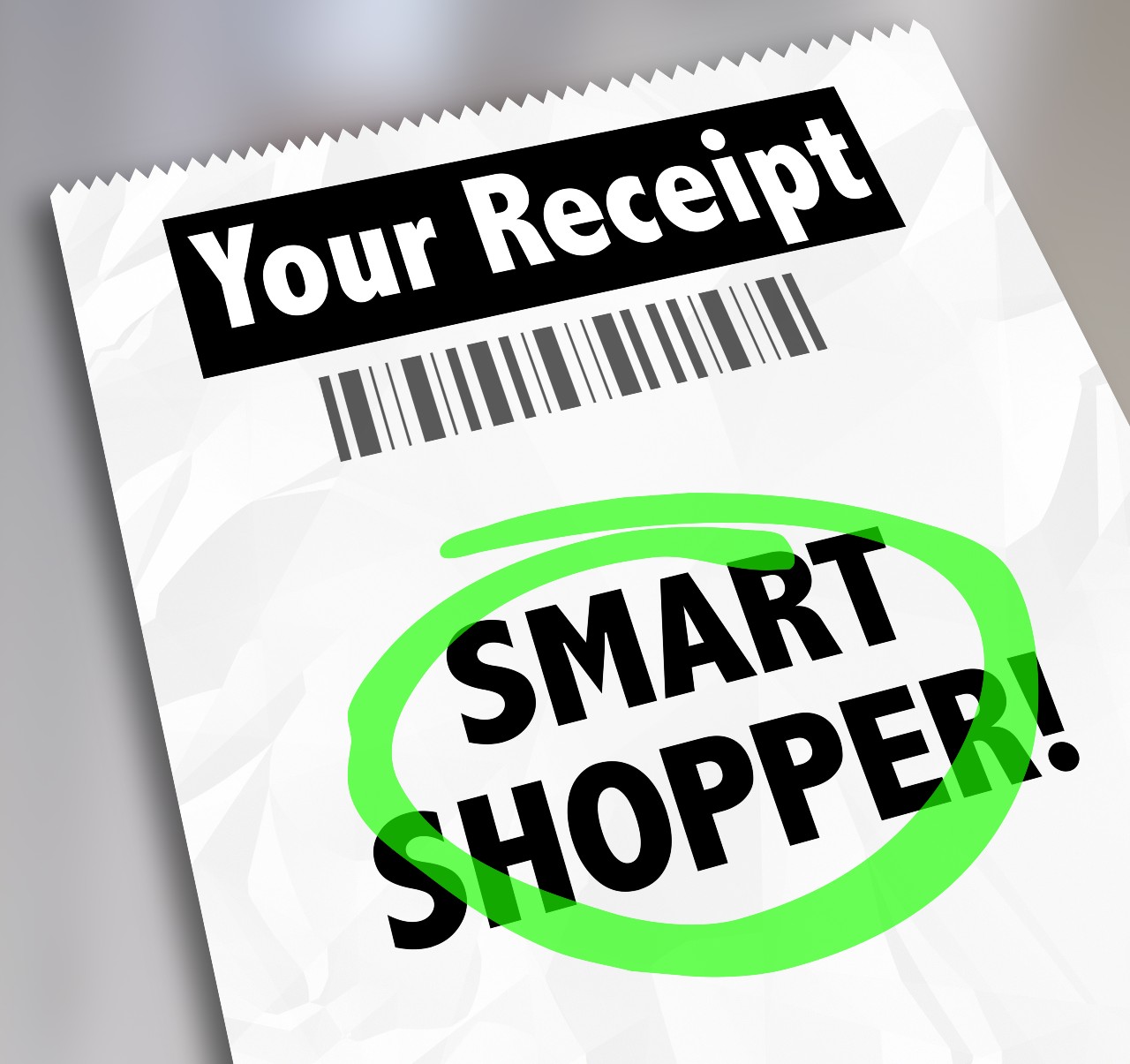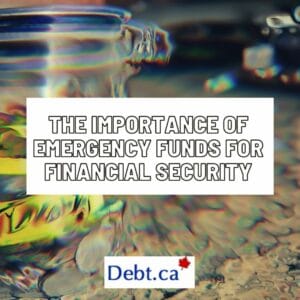When things go wrong, as they sometimes will, solid cash flow management and a budget buffer can make all the difference. Whether your car needs unexpected repairs, the fridge craps out, grocery prices go up, or you face a hefty vet bill – you can’t predict everything.
Even with a well-considered budget, a buffer gives you some leeway for when life happens or you forget your mother-in-law’s birthday.
Of course, using a budget isn’t always easy. It can be painful looking at how you spend your monthly cash. Sticking to a budget offers a series of small victories that make for celebration and motivation over the long term.
It is possible to be too strict with your budget. Not only is it more likely to fail, but you may end up giving up and dropping the whole idea. No matter how dedicated you are to money management, if you don’t allow some room for error, you’re bound to end up with more month than money.
A budget buffer works well to relieve financial pressure and anxiety. The question is, how much? With all your cash inflows and outflows, how do you figure out what you need? Managing your money with cash flow management is the answer.
What is Cash Flow Management?
Cash flow management is a tool borrowed from business financial systems. It’s arguably the most critical aspect of personal financial planning. Cash flow management starts by determining your income less expenses. A positive cash flow is when more money comes in than goes out. A negative cash flow is when less money comes in than you need to cover your bills. Once you know you know what your cash flow is you can adjust as need be. If there’s a deficit, you may need to cut down on expenses or take on a side hustle to live within your means. Any surplus can then be allocated to achieving your short-term and long-term goals.
Obviously, the bigger the difference between your income and expenses, the greater your surplus cash flow. Naturally, you can achieve your goals sooner. Surpluses can reduce debt, contribute to your RRSP, or help set up an emergency fund.
The goal is bigger than goal setting, though. The aim is to predict how much money you’ll have available at specific points in the future. Cash flow describes changes in how much money you have over time and analyzing changes. This helps you prepare for your family’s future, spot trends, and tackle problems early.
Why is Cash Flow Management Important?
Calculating your personal cash flow identifies where your money comes from and how you spend it. This knowledge helps build your budget and implement your budgeting decisions. You could decide to live without some of your current expenses, so you have more surplus for your future goals.
Effective personal cash flow management is a mindset where you save first and spend later. It starts with an inflow-outflow statement where you list your money coming in and money going out.
Negative cash flows are often the underlying cause of consumer debt on credit cards or a line of credit.
Living paycheque-to-paycheque means you have no cash flow surplus. All your income (maybe even more) is spent every month, with nothing left over. Living this way makes it impossible to build savings and reach long-term goals.
How to Set Up Buffer Room?
The right amount of financial buffer room is individual, but there are some general guidelines for this, too. There are two buffers most experts recommend everyone implement:
Emergency Fund
Make sure you contribute to an emergency fund in a separate bank account until you have about 3 months’ expenses put aside. Some households may find less than 3 months is enough, but others may need a greater amount of cash on hand. Always top up your emergency fund if you take from it and when your monthly expenses increase.
Monthly Miscellaneous Expense Buffer
This is the monthly leeway you build into your budget, making you more likely to stay on track and keep motivated. This buffer covers:
Overages – Budgeting in advance means working with an estimate of your bills for the month. Easy enough for fixed bill amounts like your mortgage or rent and cellphone. This gets harder with variable bills like electricity, gas, or water. Set those up on equal payment plans when possible, but you still need to leave some room for error. Set aside some in a miscellaneous category so you don’t have to worry if you underestimate a bill.
Unexpected Expenses – Remembering monthly bills is usually easy enough, but what about everything else? What if one of the kids grows out of their shoes mid-season? Or needs a uniform for a new sport? Or a costume for a play? Unexpected doesn’t always mean bad (although it might,) but being prepared means you’re ready for anything.
Infrequent Expenses – Budgeting for kids’ birthdays, anniversaries, annual memberships, or a friend’s wedding add up. It’s easy to forget periodic bills. When your budget has a buffer, you’re covered. This buffer covers expenses like yearly insurance bills, memberships, and putting snow tires on the car for winter.
Set Up Too Much Buffer Room?
Some months you may find you end up with some money leftover in your buffer room. Score! While you probably don’t need advice on what to do with that, here are some tips. Put extra monthly buffer money:
- Onto your credit card
- In your emergency fund
- Save it in case you are short another month
- Onto your line of credit
- Into your RRSP
Whatever you decide to do with your extra funds, celebrate! Your budget worked!
Conclusion
Succeeding with a budget is highly motivational, making it more likely you’ll reach your short- and long-term financial goals. Understanding your cash inflow and outflow to set up a monthly buffer makes it more likely your budget will work for you.
Emergencies and overages may be part of life, but there’s no need to let them take you off track. When you make a plan for those inevitabilities, you feel more successful and get better results. That feedback makes it easier to stick with your budget and continue getting closer to your goals.
If you feel over your head with your budget and need help, talk to one of our credit counsellors. You can make a difference in your financial future.









